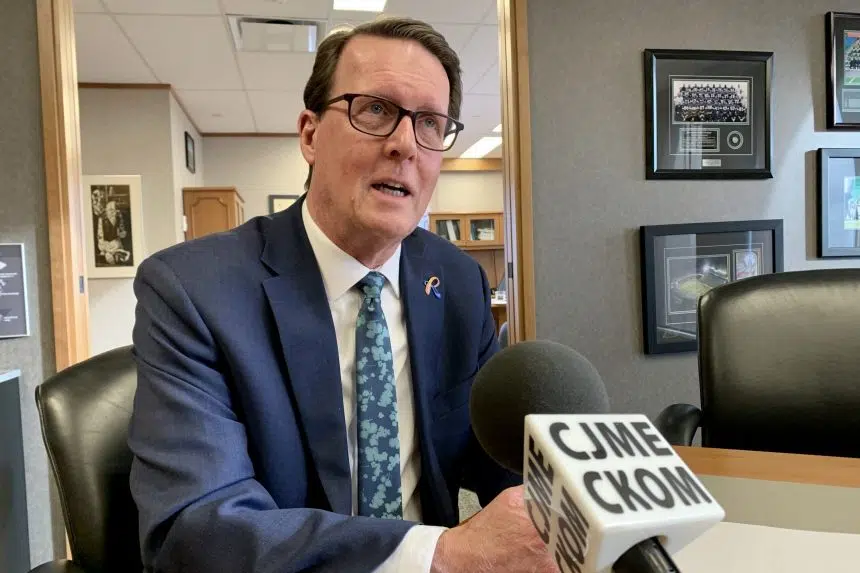Regina’s mayor says city council’s emergency orders stand in the city of Regina, until or unless the provincial government decides otherwise.
On Saturday morning Mayor Michael Fougere clarified things after confusion spread over discrepancies between the City of Regina and the Government of Saskatchewan’s orders.
On Friday, the provincial government put out new restrictions for the province. They include things like limiting public gatherings to 25 people and closing in-restaurant dining starting on Monday.
Regina’s city council voted for its own restrictions on Friday, after declaring a local state of emergency. Some of the restrictions mirrored the province’s, like closing down dentist’s offices except for emergency situations.
But others clashed with those from the province.
The City’s orders include prohibiting group meetings of more than five people as opposed to the province’s 25, closing in-store eating at restaurants effective immediately instead of the province’s Monday start date and closing retail stores effective Monday — gas stations, grocery stores and pharmacies are exempt from the order.
“We’re saying that we agree with the province related to their emergency, we want to go further and a bit faster,” said Fougere.
He explained the city has the power to put these in place under The Emergency Planning Act, so the measures are in effect in the city, but if the province decided to, it could come back and say the province’s measures take precedence over those from the City.
“They actually have a copy of our order now and the officials will review that. I’m sure they’ll come to us about some way to resolve the two,” said Fougere.
He said these stricter measures are an expression of city council’s concern about the virus and about community spread. He said he has heard from people in the city who want them to act quickly.
The City’s administration has been asked to come back with a plan to implement the orders.
Fougere said the City’s order only lasts for a week, but it will ask the province to renew it, and preferable for him, renew it for a while.
“They’re not seven days, they have to be longer and people really have to understand in a very fundamental way that the protection of people is absolutely paramount here … these declarations cannot be for one week or two weeks, they’ve got to extend for the time it takes until we get past this crisis,” said Fougere.











